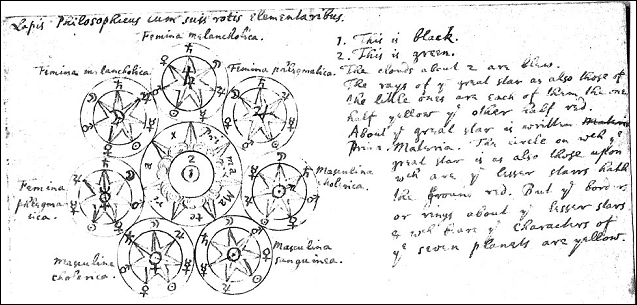Recently one person of science asked this question on line: "Religionists love to bolster their faith in the incredible by saying things like "the terminally ill cancer patient was cured and scientists can't explain why", with the implication that it must be a miracle, performed by a supernatural being (usually, the deity they believe in) and that science is an useless tool in certain conditions.
In what way should we deal with it? How can we explain our position in such cases?"
My reply to him: I think science doesn't have all the answers to all the questions or all the mysteries in the universe right now because it still is in an infant stage when compared to human existence and the age of this universe. That doesn't give us the right to "make dirt up" just to fill in the blanks of our ignorance. We need to be comfortable saying "I don't know yet". And proceed to solve the mysteries through scientific ways.
Scientists should be humble and admit that they don't understand something today, but others can understand it tomorrow. And they should be even prepared to admit that they were wrong (sometimes).
A few times, some diagnostic tests can yield wrong results, even if they are repeated twice or thrice for various reasons. That doesn't mean, a miracle has happened and the cancer has been cured if it is not detected during further tests!
Other scientists too agree with me. One scientist expressed this opinion:
"I am OK with saying I don't know, rather than making up stories about the One Supreme God that deal with miracles to pretend I know the answer."
"Saying Goddidit is an intellectual cop out." Can you prove "Goddidit" thing? When something happens that defies explanation they attribute it to a miracle from supernatural beings. It's called confirmation bias.
For every person that heals without any conventional explanation, how many died of the same illness? Why couldn't all they be cured? Why only one? Who picked that person? The reason many theists like to point their finger at science is that they see science as an enemy. Science is not the enemy. Science wasn't created to disprove religious claims. It could care less. Science is a methodology used to study the natural world.
Here is what happened to one of the most brilliant scientists who ever lived, when he replaced "I don't know" with "Goddidit":
Sir Isaac Newton explained the orbits of planets around the sun and of moons around their planets. However, he could not explain how a complex system like our solar system, where all the bodies are tugging at each other all the time, could stay stable. Being a very religious person, he asserted that the only way such a system could stay stable is if the hand of God intervenes from time to time to keep things stable.
Satisfied with that answer, he spent the rest of his life on useless stuff, like occult studies, looking for hidden coded messages from God in the bible and alchemy, for example his recipe for the Philosopher's Stone, which he believed could be used to turn lead into gold:
After his death other scientists fully explained orbit mechanics and how complex systems like the solar system stay stable without the need to invoke the assistance of any of the gods.
At the limit of his scientific knowledge, Newton has replaced reason and inquiry with 'Goddidit'. He could have done so much more of his groundbreaking work if he did not do that.
"God of the gaps" type fallacies don't make science move forward.
----
Well, if you are a believer, you are entitled to have some of your opinions. But that shouldn't make you stop thinking or working and finding real answers to the questions or solutions to the problems. That will hinder the progress of mankind. Scientific laws that run this universe themselves are part of what's created. To unravel the mysteries of this creation, we need to follow only scientific methods.
Remember accepting that there is a problem is the first step towards a solution.
"Throughout history, every mystery ever solved has turned out to be... NOT MAGIC." - Tim Minchin

![]()